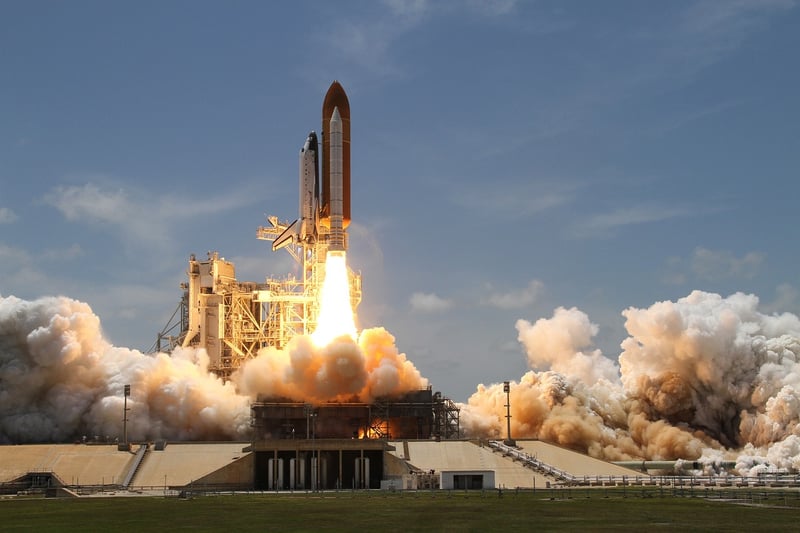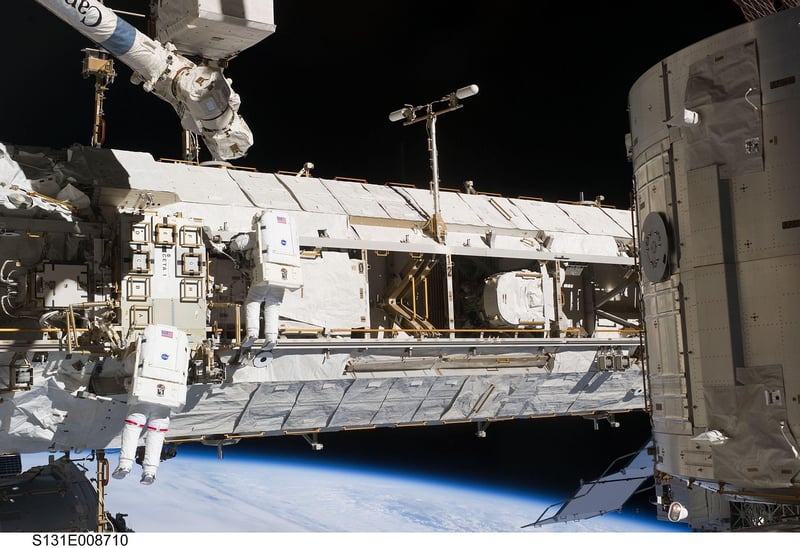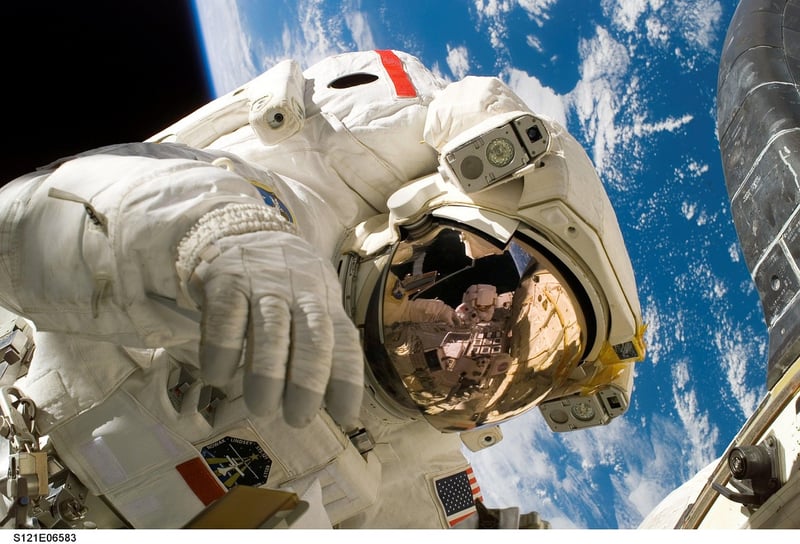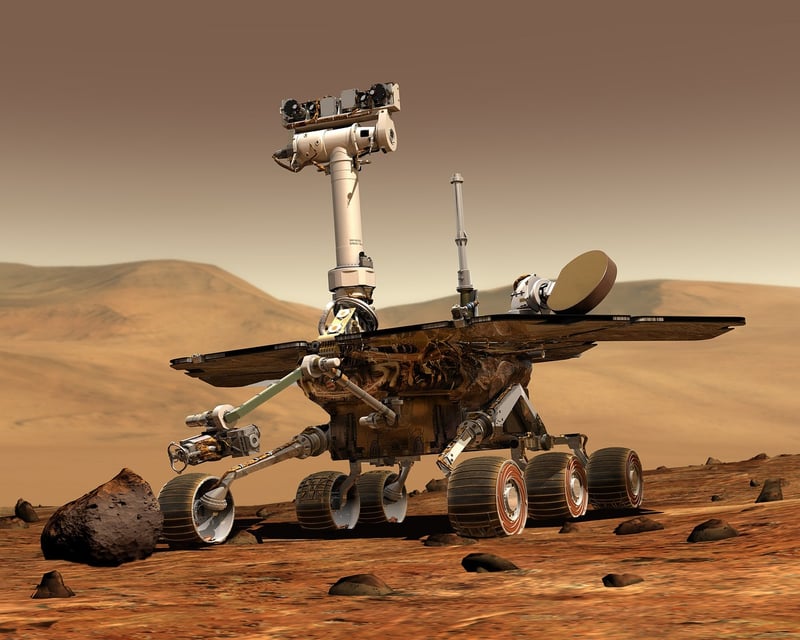Satellite Technology
The Future of Space Exploration: Innovations in Space and Satellite Technology
Space exploration has always captured the imagination of humanity, pushing the boundaries of what is possible and expanding our understanding of the universe. In recent years, remarkable advancements in space and satellite technology have revolutionized our ability to explore, communicate, and observe the cosmos.
1. Small Satellites: Big Impact
One of the most significant developments in space technology is the rise of small satellites, also known as CubeSats. These miniature satellites are cost-effective and have opened up new opportunities for research, communication, and Earth observation. With their compact size and modular design, CubeSats are being used for a wide range of applications, including weather monitoring, disaster response, and scientific research.

2. Reusable Rockets: Redefining Space Travel
SpaceX, founded by Elon Musk, has been at the forefront of revolutionizing space travel with the development of reusable rocket technology. By landing and reusing rocket boosters, SpaceX has significantly reduced the cost of launching payloads into space. This innovation has paved the way for more frequent and affordable space missions, making space exploration more accessible than ever before.

3. Interplanetary Internet: Connecting the Cosmos
As humanity looks towards the stars, the need for reliable communication in space becomes increasingly important. Companies like SpaceX and NASA are working on developing an interplanetary internet that will enable seamless communication between Earth and spacecraft exploring distant planets. This technology will not only facilitate data transfer but also support future human missions to Mars and beyond.

4. Space Debris Cleanup: Protecting our Orbital Environment
With the increasing number of satellites and spacecraft in orbit, space debris has become a growing concern. To address this issue, companies are developing innovative solutions for space debris cleanup, including robotic arms, nets, and harpoons to capture and remove defunct satellites and other debris from orbit. These efforts aim to ensure the sustainability of space activities for future generations.

From small satellites to reusable rockets, interplanetary internet, and space debris cleanup, the future of space exploration is filled with groundbreaking innovations that promise to shape the way we explore and utilize space. As technology continues to advance, the possibilities for discovery and exploration beyond our planet are truly limitless.
